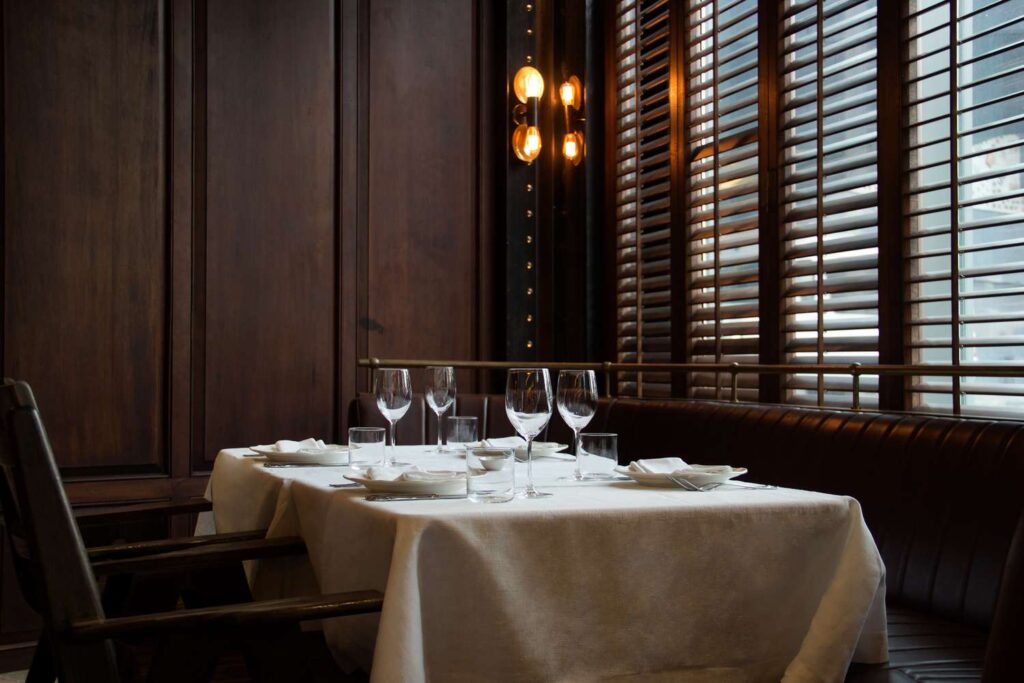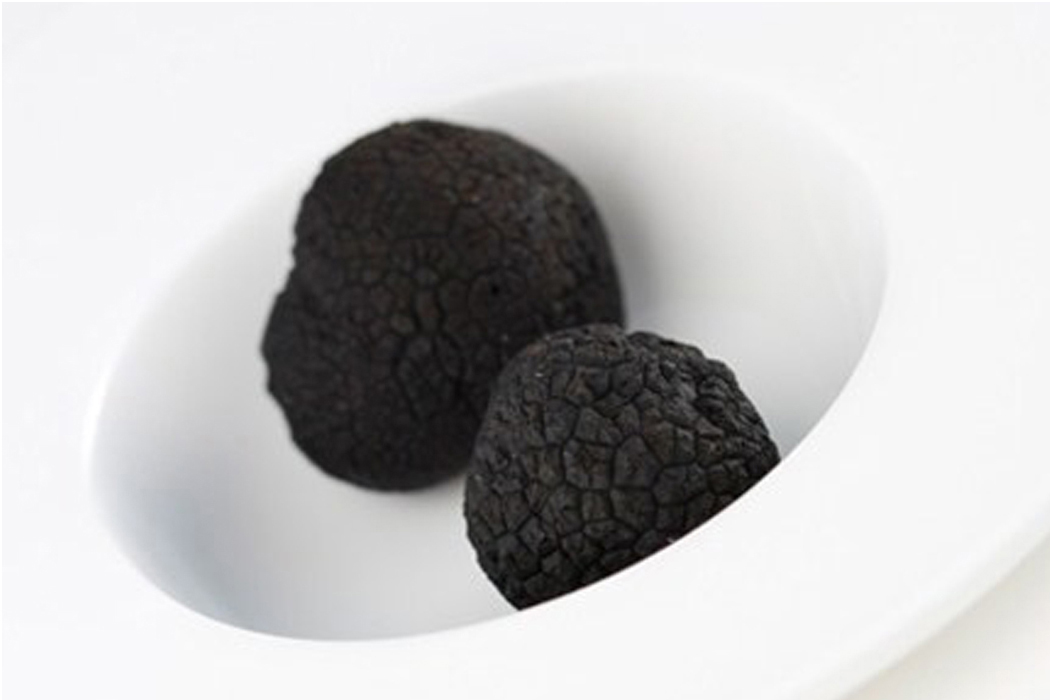TheChampagneSommelier reflects on over-reservations in restaurants. [read the full champagne story]
Estimated reading time: 4 minutes

Alright, settle down. I hear you. You show up, reservation in hand, looking all smug, and suddenly there’s a wait. Two tables, maybe three, already taken by people who apparently don’t have reservations, or who are just… there. And you think, “Oh, what a mess. They messed up. Incompetence.”
Let me disabuse you of that utterly naive, frankly pathetic notion right now. This isn’t a mistake. This isn’t some amateur hour screw-up. This, my friends, is gastronomic reasoning in its purest, most brutal, most beautiful form. This is a Champagne problem. And if you don’t understand that, you don’t understand how the game is played.
The Unseen Enemy: No-Shows and the Tyranny of the Empty Chair
You, the customer, you think your reservation is a sacred pact, etched in stone. It’s not. It’s a suggestion. A loose promise. You’ll bail for a hangnail, a sudden urge to rewatch The Sopranos, or because your dog looked at you funny. And when you don’t show, that’s an empty chair. An empty chair is wasted money. It’s lost revenue. It’s a chef’s perfectly portioned mise en place sitting there, mocking us.
We live in a world where people think nothing of clicking “cancel” five minutes before their table time, or worse, just not showing up at all. This isn’t a charity. This is a business. A razor-thin margin, high-stress, all-consuming business. So, what do you do? You adapt. You anticipate. You build in a buffer. You overbook. It’s not a flaw; it’s a goddamn necessity.

The Champagne Problem: Demand as a Weapon
When a restaurant is overbooking, it means one thing: it’s in demand. People want to be there. They’re willing to wait. They’re willing to jostle. This isn’t a sign of weakness; it’s a flex. It’s a subtle, arrogant whisper that says, “Yeah, we’re good. So good, in fact, that we can afford to have a few extra bodies floating around, just in case.”
It’s the ultimate “Champagne problem.” You’re so popular, so sought after, that managing the sheer volume of desire becomes its own challenge. It’s a sign that you’ve transcended mere functionality and entered the realm of desirability. You’re not just serving food; you’re selling an experience, an exclusivity, a slice of the action. And scarcity, even perceived scarcity, breeds desire. It’s basic human psychology, you idiots.
The Art of the Pivot: Controlled Chaos and the Illusion of Magic
Now, the truly great places? They don’t just overbook and leave you standing there like a chump. No. They manage the chaos. They have the front-of-house staff who can work the room, who can charm, who can make you feel like you’re part of some exclusive club, even as they’re subtly shuffling you around.
They find you a spot at the bar, offer you a complimentary something-or-other, make you feel like they’re doing you a favor by finding you a table, even though they planned this all along. It’s a performance. It’s a magic trick. You think you’re seeing a mistake, but you’re actually witnessing a masterclass in dynamic capacity management and customer psychology. It’s about turning a potential negative into a perceived positive, making you feel lucky to be there.
Your Frustration: A Lack of Understanding
So, you’re annoyed? Your delicate sensibilities are ruffled because you had to wait ten minutes for a table you thought was guaranteed? Get over it. You’re upset because you don’t understand the relentless, unforgiving economics of this business. You don’t understand the constant pressure to fill every seat, every minute, to maximize every single cover.
This isn’t about disrespecting your precious time. This is about survival. This is about thriving. This is about ensuring that the lights stay on, the staff gets paid, and the chef can continue to push boundaries. Overbooking isn’t a flaw in the system; it’s a strategically deployed, subtly arrogant, utterly necessary component of any truly successful, high-demand restaurant. Now, if you’ll excuse me, I have a kitchen to run. Yes, chef.






